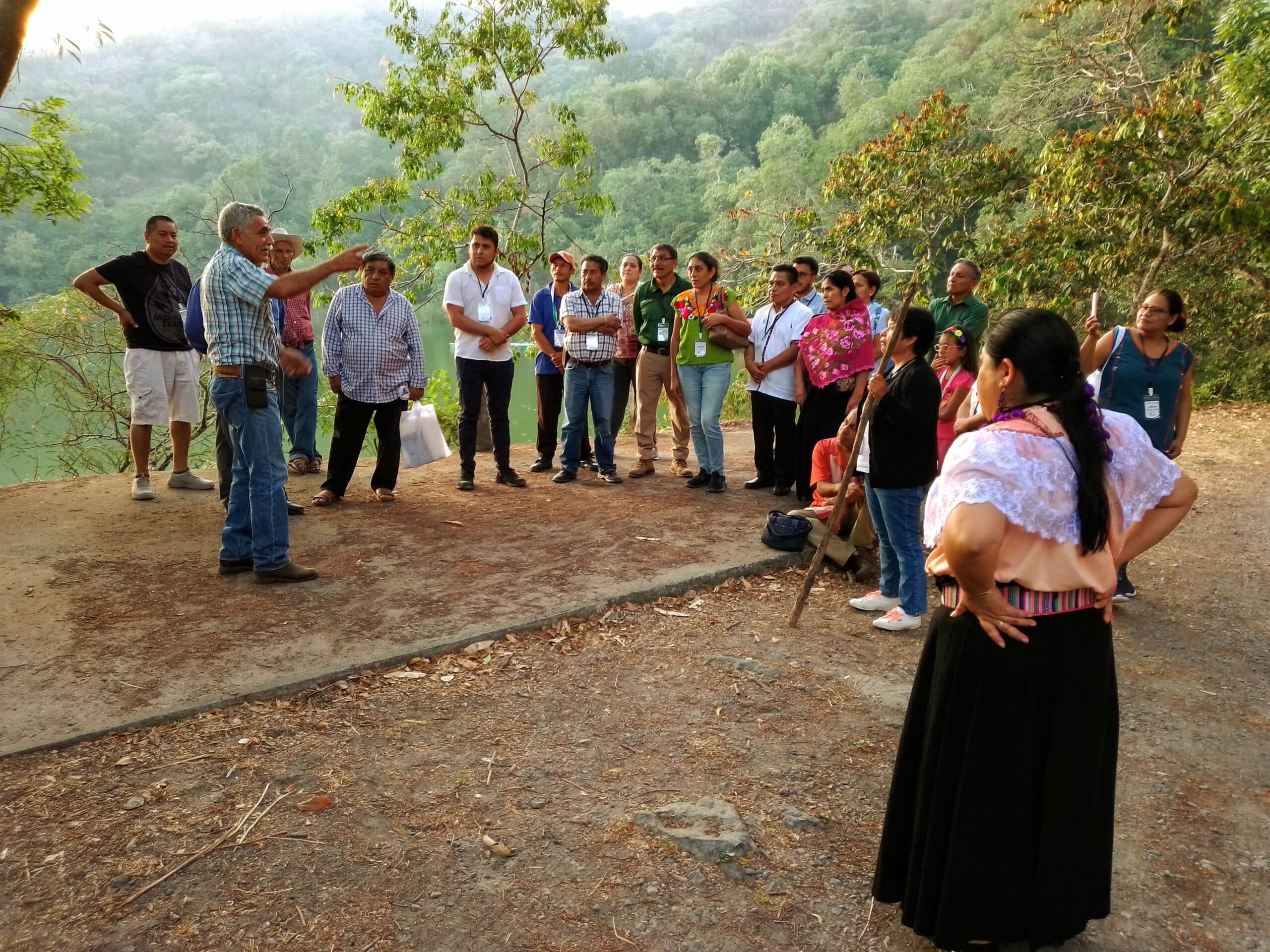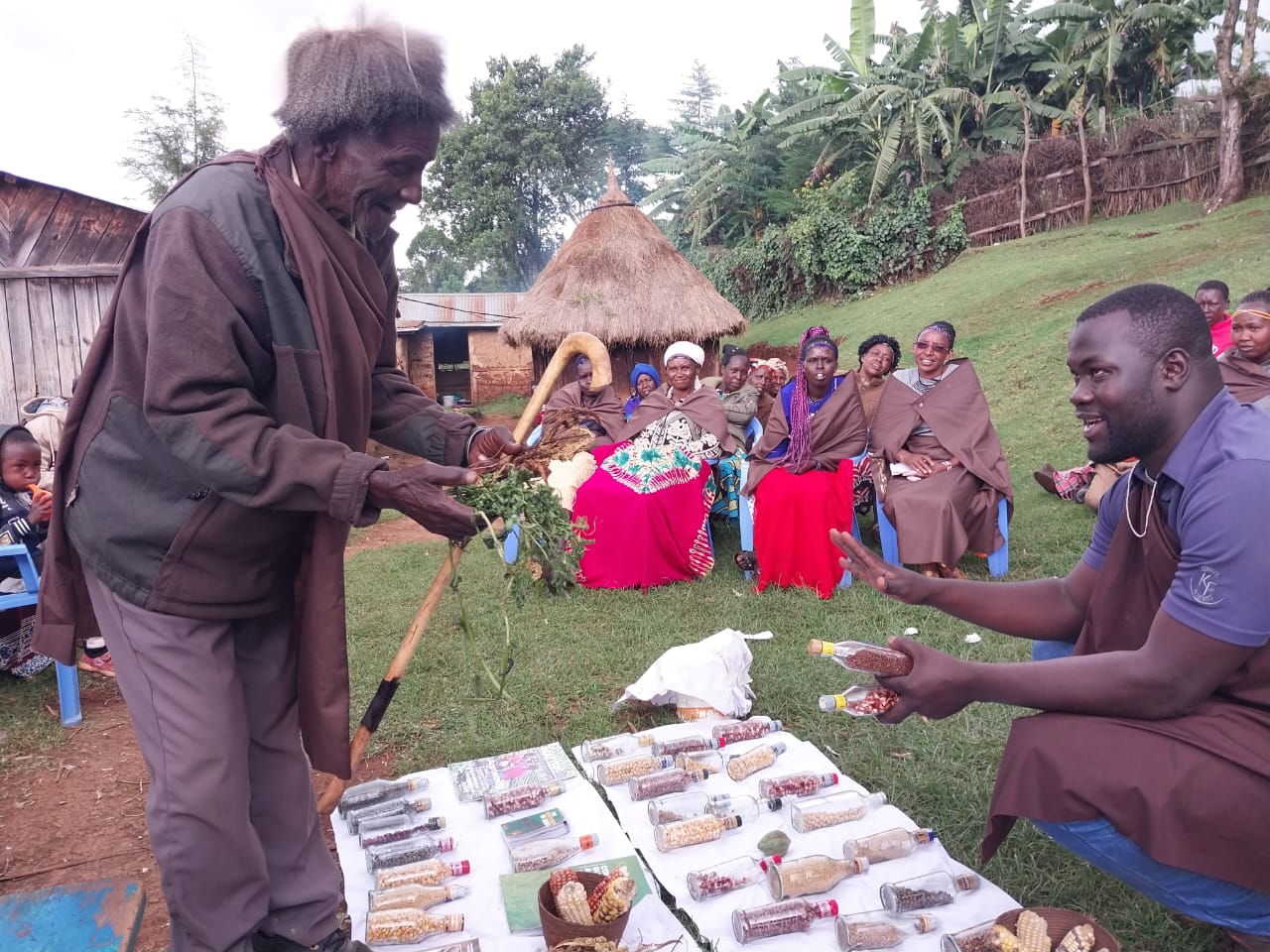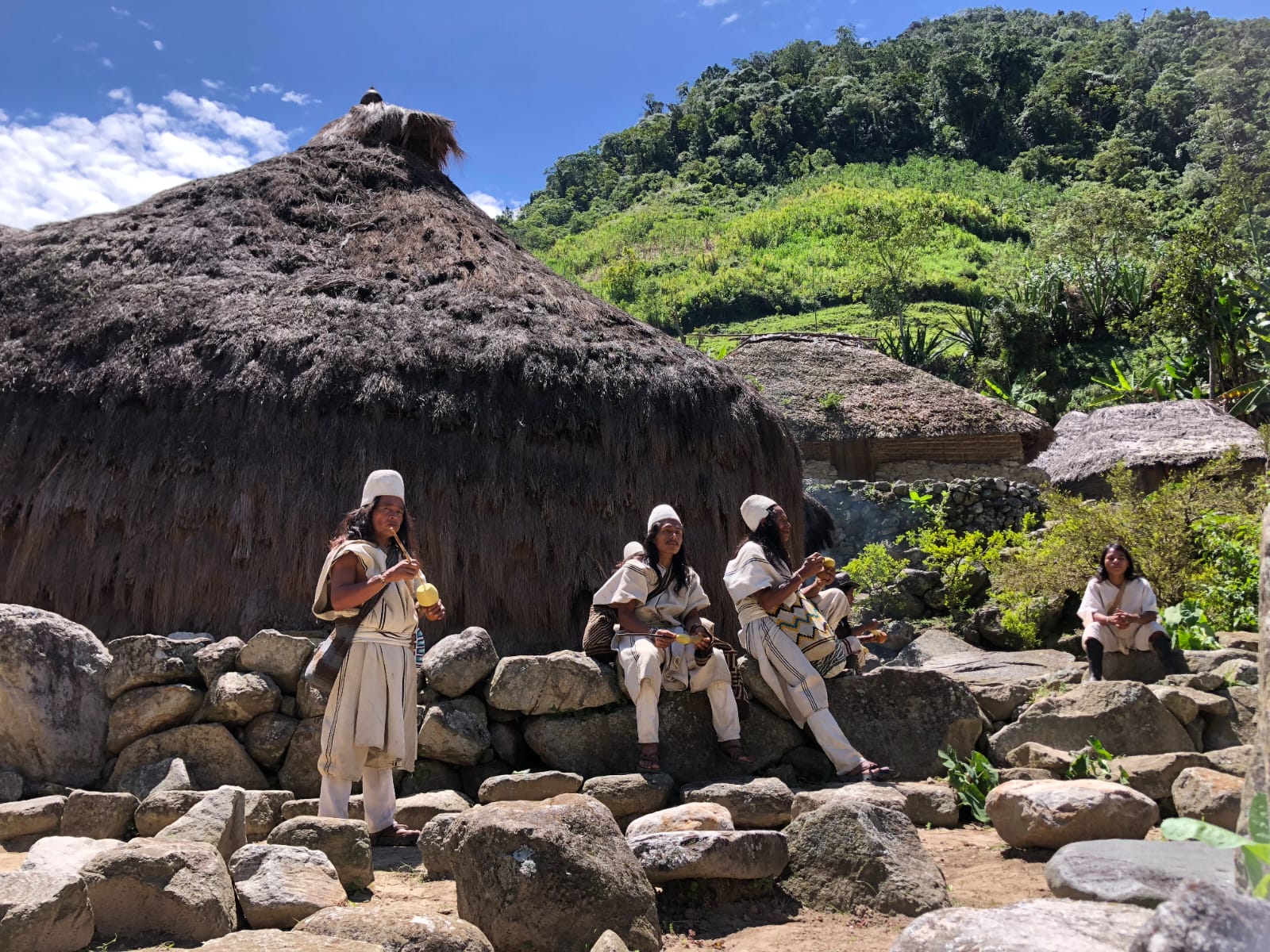Internationally funded park guards have been killing and terrorizing Indigenous Batwa living in the Kahuzi-Biega National Park, in Eastern Democratic Republic of Congo (DRC), according to a recent investigation conducted by Minority Rights Group International. The investigation took place between 2019 and 2021 and draws from interviews with 550 eyewitnesses of the violent attacks.
The Batwa were already displaced from their territories in the 1970s with the establishment of the National Park. They but began returning to their ancestral lands in 2018, which was the beganthe violent attempts to re-expel them. Park guards and Congolese Army soldiers murdered at least 20 Batwa, group-raped at least 15 women, and forcibly displaced hundreds after burning down their villages.
The park guards have been trained and supported with conservation funding from the United States, Germany, the Wildlife Conservation Society (WCS) and other international sponsors. Since 2019, the funders have been repeatedly informed of the violence against the Batwa. Despite knowing about these inhumane abuses, they have continued to support the National Park financially and materially.
Land is Life stands in solidarity with the Batwa and demands the case to be investigated as a crime against humanity under international law. We call on the government of the Democratic Republic of Congo, USAID, US Fish and Wildlife Service, KfW (Bank aus Verantwortung), Wildlife Conservation Society and other Kahuzi-Biega funders to immediately begin a process, with the full and effective participation of the Batwa people, that aims to:
-
- Provide remedy and reparations to the Batwa communities that have been evicted from the Kahuzi-Biega forest and have suffered human rights abuses and;
- Develop an action plan for restoring Batwa rights to their lands, territories and resources, prioritizing Batwa communities’ co-management of Kahuzi-Biega National Park, and supporting the Batwa in designing and implementing their own conservation initiatives within the Kahuzi-Biega forest.
This tragedy demonstrates that the colonial ideology of conservation – where nature and people are viewed as opposites – persists, and continues to lead to human rights abuses. Fortress conservation is a glaring misconception as it is Indigenous peoples who have been guarding and taking care of their territories since time immemorial. Land is Life calls for Indigenous-led conservation which is guided by the traditional knowledge of the local communities, and where the human, economic, social, cultural and territorial rights of indigenous Peoples are recognized and respected.



